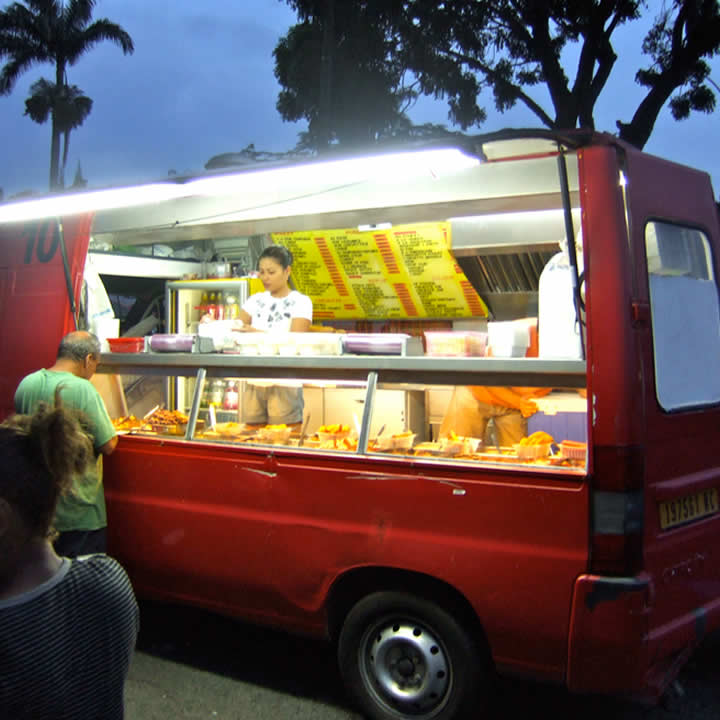So, you want to start a food truck. You’re not alone—these “restaurants on wheels” have been at the front of food trends in recent years, growing in popularity thanks to their convenience and accessibility. In the right circumstances and with the proper research, there’s no doubt that launching a food truck business is a good idea, but that doesn’t mean it will be easy. From finding an insurance company that offers comprehensive coverage for your truck and employees in general to financing the truck, restaurant equipment, and other must-haves you’ll need to build your business, you’ll have a lot to consider and prepare for before you can start serving hungry customers. Read on for some things to consider before you buy a truck.
Come up with a great idea—and an equally great plan to go with it.
Like with any business, you’ll start your food truck with an idea. Inspiration for food truck themes is plentiful, so much so that this might just be the simplest part of the process. Craft your version of a classic ice cream truck or bring your barbecue dreams to life from behind the wheel—anything goes. That being said, even the best idea won’t be much more than a dream without a well-thought-out plan. Do your research from the earliest point in the process to make it a smoother one. Even an experienced restaurateur will have a lot to learn—and plenty to prepare for—when it comes to a mobile restaurant experience.
Make sure you’re covered.
As part of your research process, it’s important to make sure you have the proper insurance products, permits, and are otherwise running a legitimate, law-abiding business. As you compare comprehensive car insurance options, make sure you’re looking at the right type of coverage—you’ll need to be considering commercial auto insurance offerings because you’re running a business. But your insurance policy needs won’t stop there. Find an insurance carrier that will cover your equipment and other supplies within the truck, liability insurance for when your truck is in motion or stationary, and yourself and your employees. Making sure you have a quality insurance company (or a few, if your top choice doesn’t offer comprehensive coverage for all of your needs) and that your food truck is insured with the comprehensive coverage it needs can save you a lot of stress in the event of a car accident, natural disaster, vandalism, or another unfortunate incident.
Check your budget.
Comprehensive insurance won’t be your only expense, of course. Whether you’re funding this endeavor from your own pocket or you’re securing financing from an outside source, you need to ensure you’re budgeting for all the essentials of starting and running your business. Visit a website like gofoodservice.com to price restaurant equipment and other must-haves, like janitorial supplies to keep your food truck sanitary. Even if you’re searching for informational purposes alone at first, there’s a good chance you’ll find the best products you need to make your business a success, from a refrigerator to other equipment your new mobile commercial kitchen requires. Add these investments to your business budget, alongside the average cost of your comprehensive insurance policies, licensing fees, and other expenditures.
Talk to other food truckers.
As you build your business plan and get started with your food truck, people who’ve been where you are will be an incomparable resource. Seek out food truckers and ask whatever questions come to mind. What do they wish they knew when they began their own food truck journey? Which innovative products do they recommend investing in? Which brand of refrigerator or freezer did they opt for? What optional coverage options do they swear by including in their insurance terms?
When you set out to start a food truck business, make sure you have the right types of insurance, legal requirements, restaurant equipment, and other tools you’ll need to be successful. The proper supplies, paired with research, planning, and a bit of advice, can let your business start on the right foot—or, rather, wheel.

